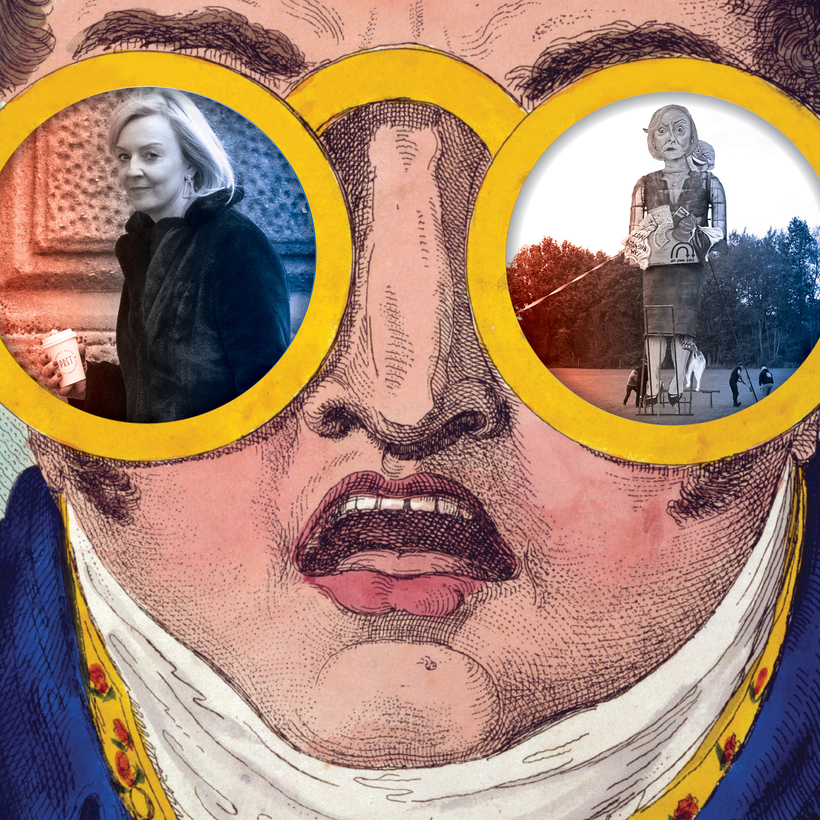On October 14, after firing her chancellor and reversing a mini-budget so disastrous that it took Britain to the very brink of ruin, Prime Minister Liz Truss gave a short and alarmingly robotic press conference. One of the few questions she took was from The Sun’s political editor, Harry Cole. A man who, at the best of times, looks at least a decade older than his 36 years, Cole seemed even more miserable and exhausted than usual. “You and the chancellor—the ex-chancellor—designed this budget together, in lockstep, we’re told, at times in secret,” he huffed at Truss. “He has to go because of the fallout from it. How come you get to stay?”
The reason for this palpable misery might have been because Cole, like the rest of the country, had just witnessed the unedifying sight of a prime minister in full death rattle. But perhaps something else was at play.


